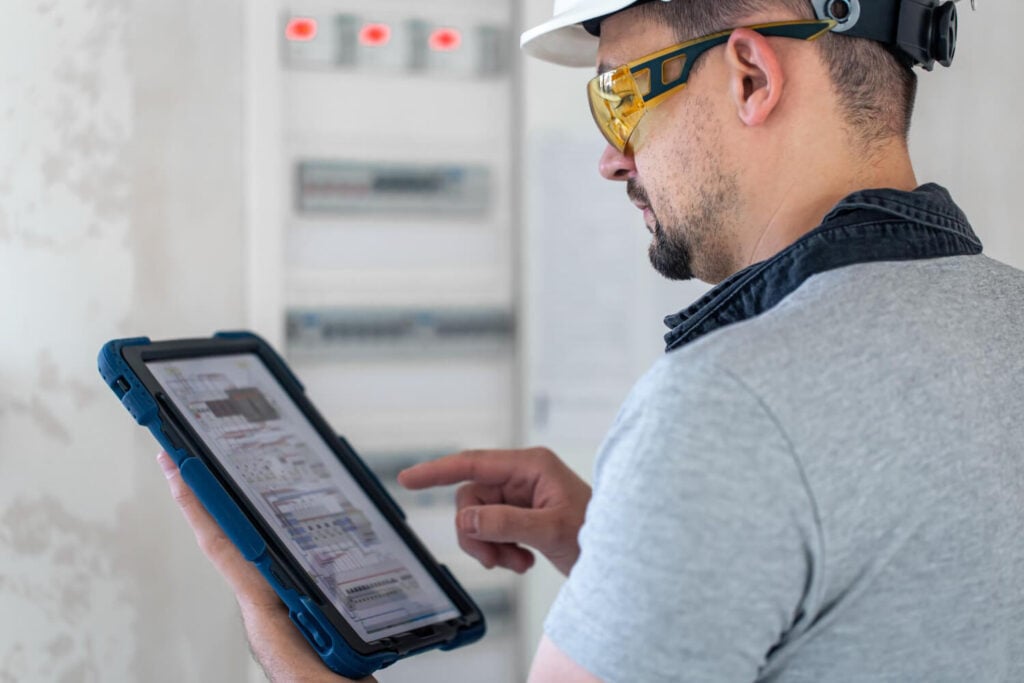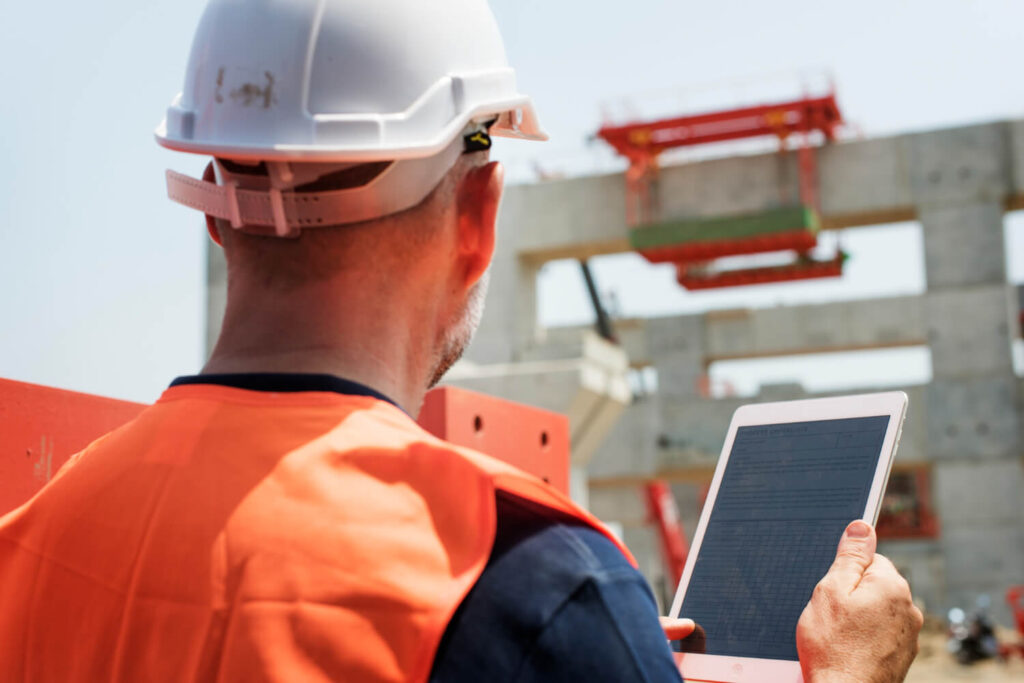Over the last decade, construction firms have made significant strides in embracing digital transformation. Once considered a sector reliant on outdated processes, construction companies now leverage powerful digital tools to enhance productivity, reduce costs, and gain valuable insights into project performance.
Yet, despite these advancements, there is still room for improvement. Productivity in the UK construction industry remains 20% lower than in other industrialised countries like the US, France, and Germany. In terms of efficiency and innovation, the sector has even been described as having “stagnated” over the last 50 years. In the second quarter of 2024, the UK construction workforce decreased by 5.1% compared to the previous year, reaching its lowest level since the early 2000s.
However, the future looks promising. According to PwC, construction firms are expected to invest 5% of their annual revenue into digital solutions over the next five years, setting ambitious targets for digital transformation. The global Building Information Modeling (BIM) market is also projected to grow from $8.6 billion in 2023 to $24.8 billion by 2030, reflecting a strong push towards digitisation.
So, how exactly can cutting-edge technology be pivotal in improving construction site productivity?
The Role of Technology in Construction Site Productivity
Construction site productivity is vital for completing projects on time, within budget, and to a high standard. There are several key ways firms can address inefficiencies on-site:
- Reducing administrative burdens, such as excessive paperwork.
- Equipping staff with digital tools to enhance efficiency.
- Investing in automation and AI-driven processes to speed up workflows.
- Eliminating outdated processes that slow down project timelines.
Fortunately, technology is helping construction firms tackle these challenges head-on. From mobile apps and IoT to AI-driven insights and wearable tech, digital solutions transform construction sites’ operations.

Mobile Apps: Enhancing Collaboration and Efficiency
Mobile and tablet apps stream communication across construction sites, allowing managers, architects, and contractors to collaborate more effectively. Today’s Project management apps integrate real-time data, ensuring all stakeholders can access up-to-date information.
How Mobile Apps Are Boosting Construction Productivity:
- Centralised Management – Apps provide a single source of truth for all project-related information, reducing miscommunication.
- Remote Access to Blueprints – Contractors and architects can share and edit blueprints in real-time, minimising.
- Incident Reporting – Apps enable workers to report safety hazards instantly, improving workplace safety.
- GPS Tracking for Workers and Equipment – Managers can track workforce movements and machinery allocation, optimising resource allocation.
IoT: Real-Time Data and Predictive Insights
The Internet of Things (IoT) revolutionises construction by providing real-time project performance and risk management insights. Just as IoT has transformed smart homes and cities, it is now used to enhance construction site efficiency and safety.
Key Applications of IoT in Construction:
- Equipment Tracking – IoT sensors monitor machinery usage, preventing costly downtime.
- Environmental Monitoring: Smart sensors track temperature, humidity, and vibrations in structures, ensuring the early detection of potential hazards.
- Supply Chain Optimisation streamlines material deliveries, reducing waste and delays.
By leveraging IoT, construction firms minimise risks, cut costs, and boost productivity.
Unlock the Full Potential of IoT in Construction
Harness the power of IoT to transform your construction projects with real-time data, predictive insights, and automated workflows. From reducing downtime with innovative equipment tracking to enhancing site safety through environmental monitoring, the right IoT solutions can redefine your efficiency and risk management strategies.

Wearables: Improving Safety and Productivity
Wearable technology improves worker safety, productivity, and data collection. The construction wearable technology market was valued at $4.1 billion in 2023 and is expected to grow at a CAGR of over 10% from 2024 to 2032, driven by an increasing focus on worker safety.
Wearables Revolutionizing Construction:
- Smart Helmets – Equipped with augmented reality (AR), these helmets overlay digital blueprints onto physical worksites.
- Exoskeletons – Assist workers by reducing physical strain and preventing injuries.
- Safety Vests with Biometric Sensors – Track heart rates and fatigue levels, preventing exhaustion-related accidents.
By implementing wearables, construction managers can monitor worker health, prevent injuries, and ensure compliance with safety standards.
AI & Machine Learning: Data-Driven Decision Making
AI and machine learning (ML) are transforming construction project management by analysing large amounts of data and identifying trends that human managers might overlook. The AI market in construction is expected to expand from $3.99 billion in 2024 to $11.85 billion by 2029, reflecting a CAGR of 24.31%.
How AI is Improving Construction Productivity:
- Predictive Analytics – AI detects potential delays and cost overruns before they occur.
- Automated Quality Control – Machine learning analyses construction defects to ensure compliance with standards.
- Robotic Process Automation (RPA) – AI automates tedious administrative tasks, allowing teams to focus on higher-value work.
Are you considering going digital?
Could adopting the latest technology benefit your construction businesses? Contact us today to discuss your plans and demonstrate how we can help. Alternatively, speak to a team member through live chat on the bottom right-hand side of your screen for more assistance.